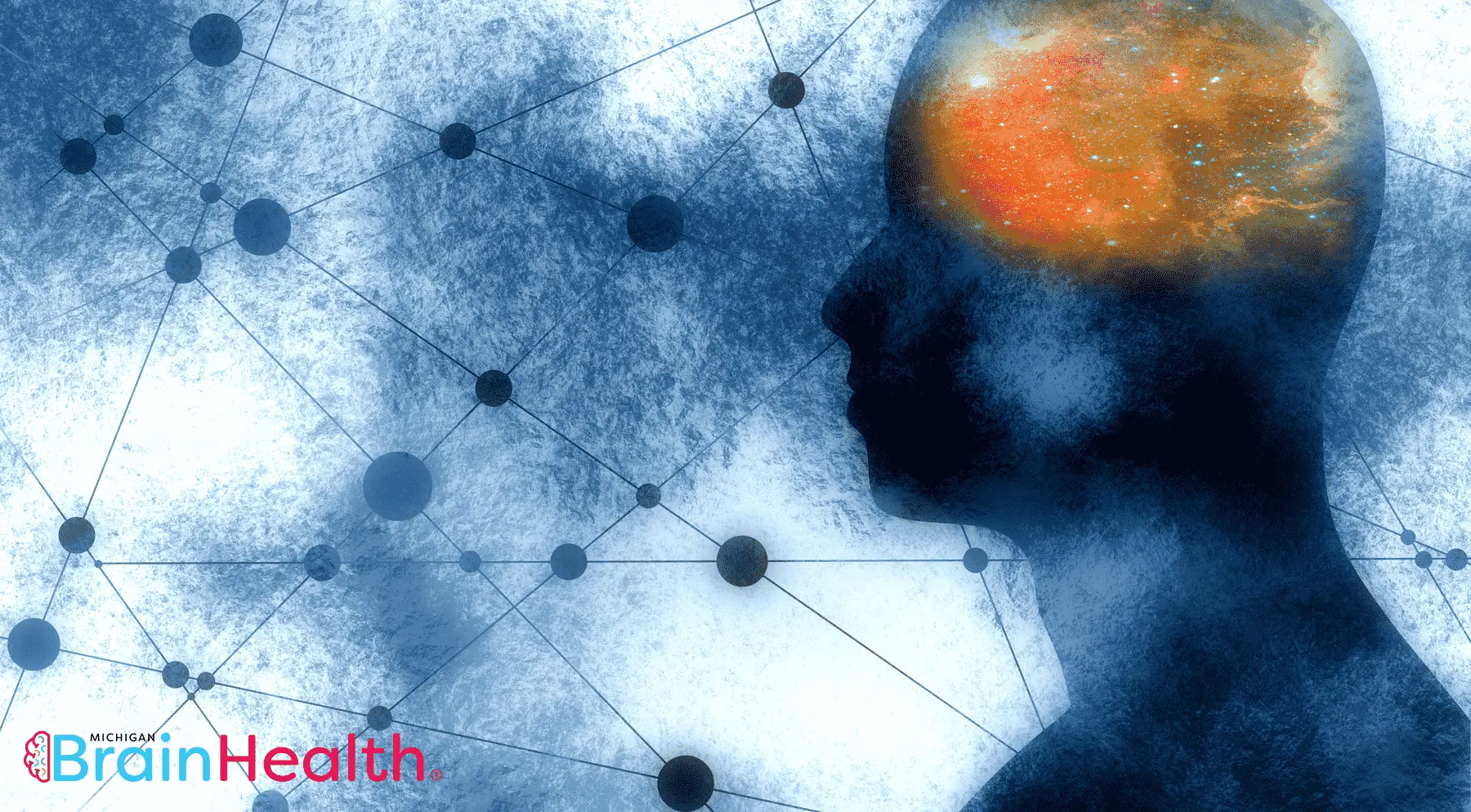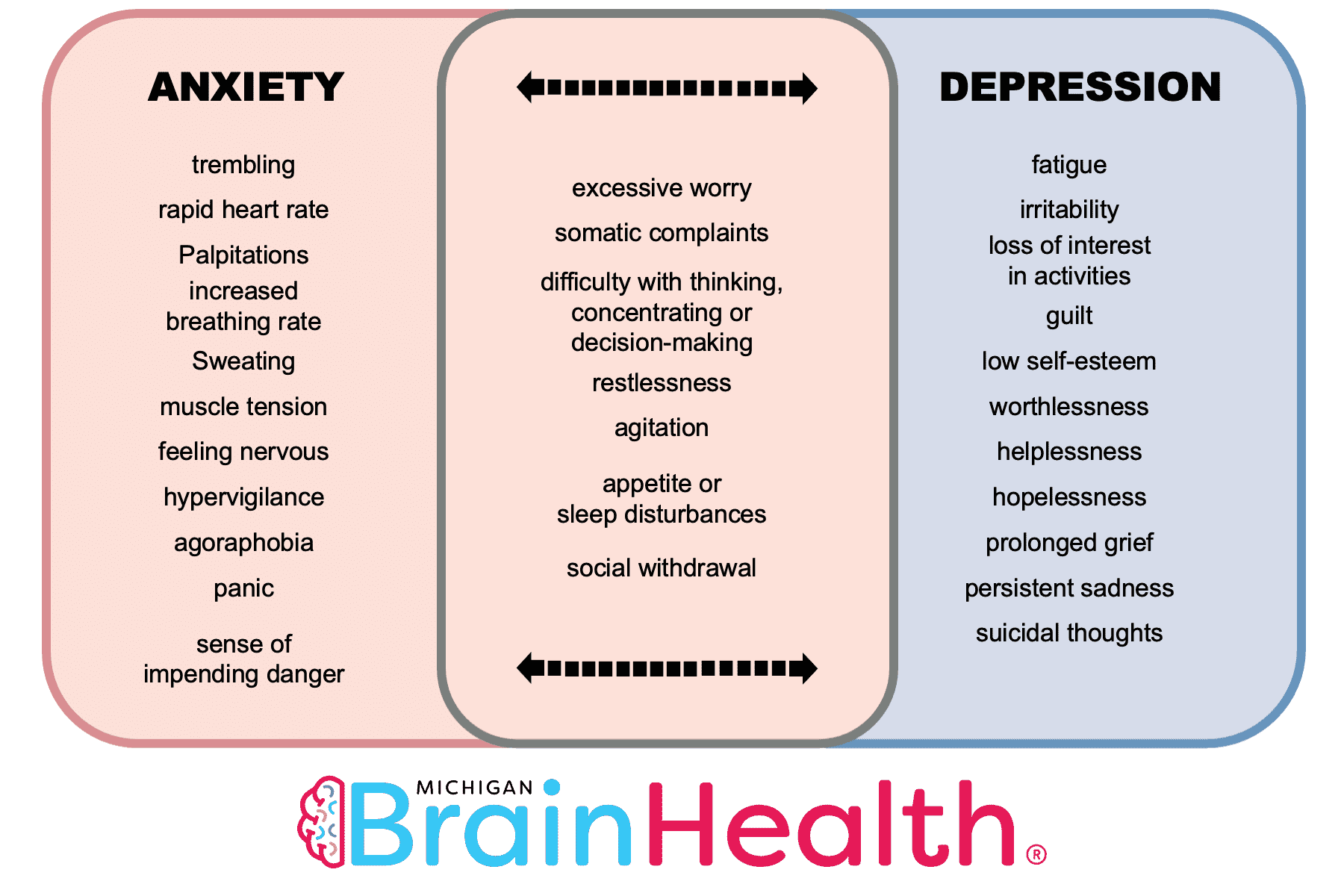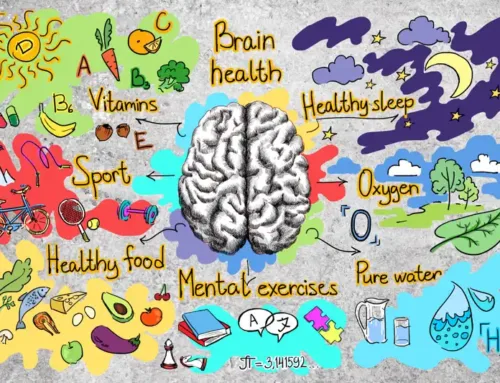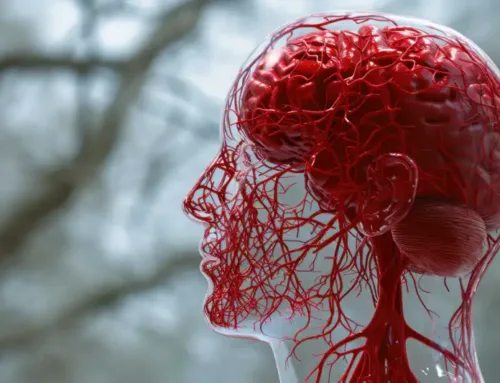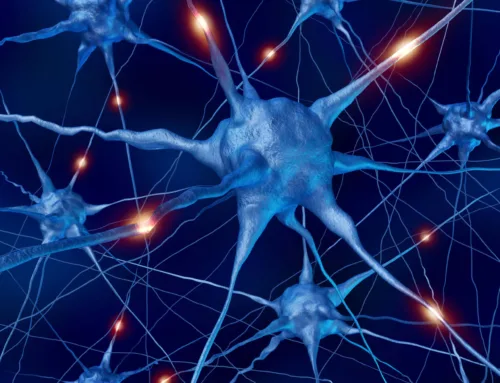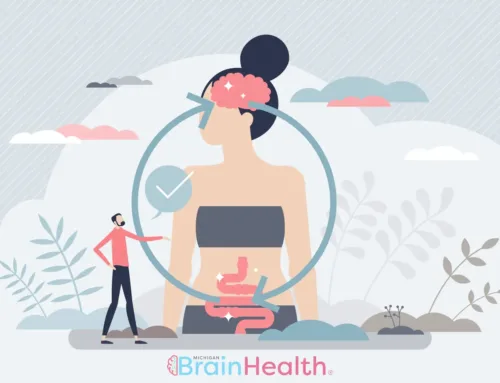Depression, Anxiety, and Other Mental Disorders Have Reached Epidemic Proportions.
In the U.S., the national rate of anxiety in 2019 tripled from 8.1% to 25.5%, and depression almost quadrupled from 6.5% to 24.3%.
What is going on?
The present paradigm of treating these types of mental disorders lies in balancing the neurotransmitters through pharmaceutical agents like SSRIs (Zoloft, Lexapro, Prozac, etc.) and Benzodiazepines (Ativan, Xanax, Valium, and Klonopin).
Unfortunately, it may just be possible that the neurotransmitter paradigm simply is antiquated and does not address the underlying root cause (s) of these mental disorders.
After reading and researching and doing a deep dive into the possible root causes of these mental disorders I found something amazing and life-changing!
The Inflammation Connection
What I discovered was while nutrient deficiencies do play a role, the major eye-opener was the fact that depression, anxiety, and other mental disorders are largely inflammatory in nature.
In the brain of people suffering from depression, anxiety, and many other mental health challenges, the immune system is activated with evidence for elevated levels of inflammatory cytokines such as interleukin 6 (IL-6) and tumor necrosis factor alpha (TNFa).
Just like rheumatoid arthritis and Crohn’s disease represent inflammation in the joints and gut, respectively, psychiatric disorders are linked to inflammation in the brain.
If we hope to gain any control over these mental issues we must address quenching the brain’s inflammation.
Mechanism of Commonly Prescribed Drugs
Now here is what I found quite shocking.
Benzodiazepines and SSRIs have another mechanism of function most people are not aware of.
Guess what it is?
They both have anti-inflammatory properties.
Yes, that is correct.
Is it possible that these psychiatric medications have little to do with balancing neurotransmitters and more to do with reducing the inflammation in the brain?
The medical literature tends to support this theory.
The Gut-Brain Connection to Inflammation
Now to control this inflammation one need not look any further than the gut.
Once the gut inflammation takes hold, cytokines circulate throughout the body, including into the brain.
The secret to reducing gastrointestinal inflammation is to identify food irritants, bacterial pathogens and improve optimal microbial flora. Some studies have found that the probiotic, Lactobacillus (L.) rhamnosus has some promise in reducing anxiety and improving microbial flora.
Overall, a picture of the gut microbiome playing a facilitating role between stress response, inflammation, and depression, and anxiety is emerging and should be considered with anyone suffering from anxiety, depression, and in that case, any mental disorder.
Five Foods, Herbs, and Spices That Can Help Turn Off Inflammatory Mediators
Thankfully we only have to turn to mother nature to find some of her bounty that can turn down the fire in our gut and brain!
Here is a list of five foods, herbs, and spices that can help turn off inflammatory mediators:
- TUMERIC Curcumin is a plant chemical, a polyphenol, from Tumeric. Tumeric, which gives curries its bright yellow color is a traditional herbal medicine and spice used for centuries throughout Asia. By lowering inflammatory potential, curcumin has been shown to modulate fatigue, nerve pain, and changes in mood, memory, and thinking function. One study showed that the use of curcumin was associated with a decrease in the levels of inflammatory TNFa and resulted in maintenance of normal body weight and preservation of muscle.
- SOY Genistein is an isoflavone plant chemical found in soybeans. Genistein has the potential to modulate inflammation by stopping the activation of the NFkB and the presence of IL1B and IL 6 molecules in your cells.
- RED AND PURPLE GRAPES Resveratrol. Resveratrol reduces the activity of NFKB and decreases production and levels of inflammatory TNFa. Resveratrol is also known to increase cellular longevity by impacting the SIRT-1 gene that affects the protective telomere tails on our DNA. Long telomeres equal long life.
- TOMATOES Lycopene is a red carotenoid found in tomatoes, watermelons, red papayas, pink grapefruit, and red carrots. Even though there is no red color, asparagus is another food high in lycopene. Lycopene not only modulates inflammation through the NFKB pathway but also acts as a potent antioxidant.
- GREEN TEA Green Tea is the source of potent antioxidant plant polyphenols including cell protectant ECGC Epigallocatechin gallate. ECGC has also demonstrated anti-tumor activity as well as modulation of fatigue, mental clarity, thinking, and memory. ECGC has been shown to decrease levels of inflammatory TNFa, IL-1B, and NFkB.
Give Yourself The Mental Gift of Lower Inflammation
As a final observation, there holds some promise that the natural product, KappArest from Biotics Research has been found to down-regulate interleukin 6 and tumor necrosis factor alpha (TNFa) reducing inflammation.
This new and emerging treatment for anxiety, depression, and other psychiatric disorders is complex but promising!
Although a 180-degree approach to the neurotransmitter deficiency theory is worth considering and even embracing.
If you or your child need help with your brain health or other signs of brain and body imbalance, schedule a Free Evaluation or call (586) 488-4818. See for yourself how beneficial the Michigan Brain Health neurofeedback program can be for your health challenges.
Always remember one of my mantras., “The more you know about how your body works, the better you can take care of yourself.”
For more details about the natural approach I take with my patients, take a look at the book I wrote entitled: Reclaim Your Life; Your Guide To Revealing Your Body’s Life-Changing Secrets For Renewed Health. It is available in my office or at Amazon and many other book outlets. If you found value in this article, please use the social sharing icons at the bottom of this post, and please share with those you know who are still suffering from chronic health challenges, despite receiving medical management. Help me reach more people so they may regain their zest for living! Thank you!
ALL THE BEST – DR. KARL R.O.S. JOHNSON, DC, BCN – DIGGING DEEPER TO FIND SOLUTIONS
References
https://www.ncbi.nlm.nih.gov/pmc/articles/PMC4361085/
https://pubmed.ncbi.nlm.nih.gov/20227485/
https://www.ncbi.nlm.nih.gov/pmc/articles/PMC5997866/
https://pubmed.ncbi.nlm.nih.gov/22814704/
https://pubmed.ncbi.nlm.nih.gov/31163212/
https://www.sciencedirect.com/science/article/abs/pii/S0889159112000025
https://europepmc.org/article/med/28342944
https://journals.sagepub.com/doi/full/10.1177/0269881117711708
https://pubmed.ncbi.nlm.nih.gov/11080527/
https://pubmed.ncbi.nlm.nih.gov/11394936/
benzodiazepine anti-inflammatory
https://pubmed.ncbi.nlm.nih.gov/31144383/
https://www.sciencedaily.com/releases/2019/05/190520190110.htm
https://www.ncbi.nlm.nih.gov/pmc/articles/PMC5641835/
https://onlinelibrary.wiley.com/doi/abs/10.1002/jnr.24476

